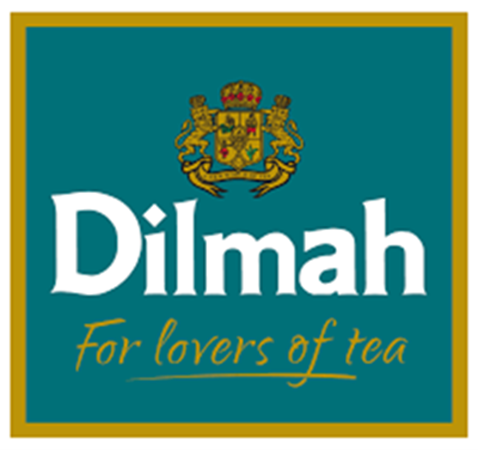Dilmah Ceylon Tea: Committed to Taste, Goodness and Purpose

The case describes the story of Sri Lanka based Dilmah Ceylon Tea, a company founded in 1988 by Merrill J. Fernando. The company had pioneered the concept of ‘single-origin tea’ to its latest innovative Elixir range. The premium positioned tea was ‘picked, perfected and packed’ at origin with a brand based on three pillars: taste, goodness, and purpose. Present in over 105 countries, it had become one of the most well-known Sri Lankan brands worldwide. The group invested a minimum 15% of its pre-tax profits in humanitarian and environmental initiatives through the MJF Charitable Foundation and Dilmah Conservation and Sustainability Unit (DCSU). However, the tea business was becoming increasingly competitive with the largest player, Unilever, about to sell its tea portfolio. The current CEO, Dilhan Fernando, needed to address several key questions, in this context: How could the Dilmah Ceylon Tea brand ensure the margins necessary to thrive and grow? Which customer segments and geographies should it focus on? Could it potentially leverage its investments in humanitarian and environmental initiatives to achieve better margins and
Teaching Objectives
The case showcases the opportunities and challenges faced by a small company competing in a market dominated by giants. It raises the important question of whether and how an ethical company with significant investments in sustainability leverage these credentials to grow the business for a premium brand. In other words, can investments in sustainability confer a competitive advantage? Are consumers willing to pay a premium price due to the sustainability efforts undertaken by the company? Which types of consumers and for what types of sustainability efforts? How should these strategic decisions be translated into a coherent and aligned (marketing) strategy and translated into effective execution?
The case can be used with MBA, EMBA and Executive Education audiences. In degree programs it can be used in courses on brand management, marketing management, business strategy or sustainability as the case brings all these facets together. In Executive Education it can be a part of a standalone session on sustainability or it can be a part of a larger programme on sustainability.
Download PDF

